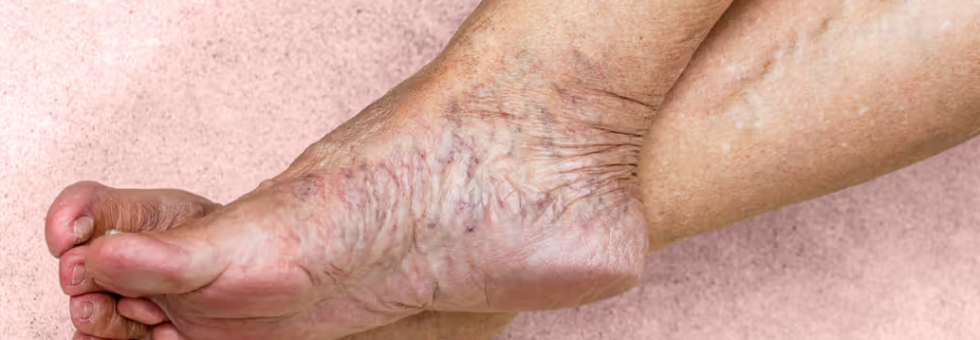Are you struggling with symptoms like varicose veins, venous insufficiency, or even deep vein thrombosis (DVT)? Understanding chronic venous disease (CVD) is crucial for effective management. From recognizing symptomatic varicose veins to exploring laser treatment for varicose veins, let’s dive deep into the complexities of CVD and how to find the right doctor for your needs.
What is Chronic Venous Disease?
Chronic Venous Disease (CVD) encompasses various vein-related conditions, primarily affecting the legs. Venous insufficiency, where veins struggle to return blood to the heart efficiently, is a common characteristic of CVD, leading to symptoms like varicose veins.
Identifying Symptoms
Recognizing symptoms is key to early intervention. Look out for:
- Varicose Veins: Twisted, swollen veins visible under the skin’s surface.
- Leg Discomfort: Pain, heaviness, or swelling, especially after prolonged sitting or standing.
- Skin Changes: Discoloration, redness, or ulcers around the ankles.
- Deep Vein Thrombosis (DVT): Blood clots in deep veins, potentially life-threatening if not treated promptly.
Understanding Deep Vein Thrombosis (DVT)
DVT is a severe complication of CVD, requiring immediate medical attention. Blood clots can dislodge and travel to the lungs, causing a pulmonary embolism.
Treatment Approaches
Effective treatments for CVD include:
- Compression Therapy: Utilizing compression stockings to improve blood flow and reduce swelling.
- Endovenous Ablation: Minimally invasive procedures like laser treatment to seal off problematic veins.
- Sclerotherapy: Injecting a solution into veins to collapse and fade them.
- Surgical Intervention: In severe cases, surgical removal of affected veins may be necessary.
Finding the Right Doctor
Choosing the right doctor is crucial for effective treatment:
- Board Certification: Opt for doctors certified in vascular medicine or surgery.
- Experience: Seek doctors with a proven track record in diagnosing and treating venous disorders.
- Patient Reviews: Consider patient feedback to gauge doctor-patient relationships and treatment outcomes.
- Proximity: Look for doctors conveniently located near you for easy access.
Laser Treatment for Varicose Veins
Laser treatment, also known as endovenous laser ablation (EVLA), is a popular option for varicose veins. This minimally invasive procedure delivers heat energy to seal off problematic veins, improving blood flow and reducing symptoms over time.
Conclusion
Chronic venous disease can significantly impact your daily life, but understanding its symptoms and treatment options empowers you to take control. By prioritizing finding the right varicose veins doctor and exploring interventions like laser treatment, you can regain comfort and confidence in your health journey. Don’t hesitate to seek help and reclaim your well being today.
Image by Google

